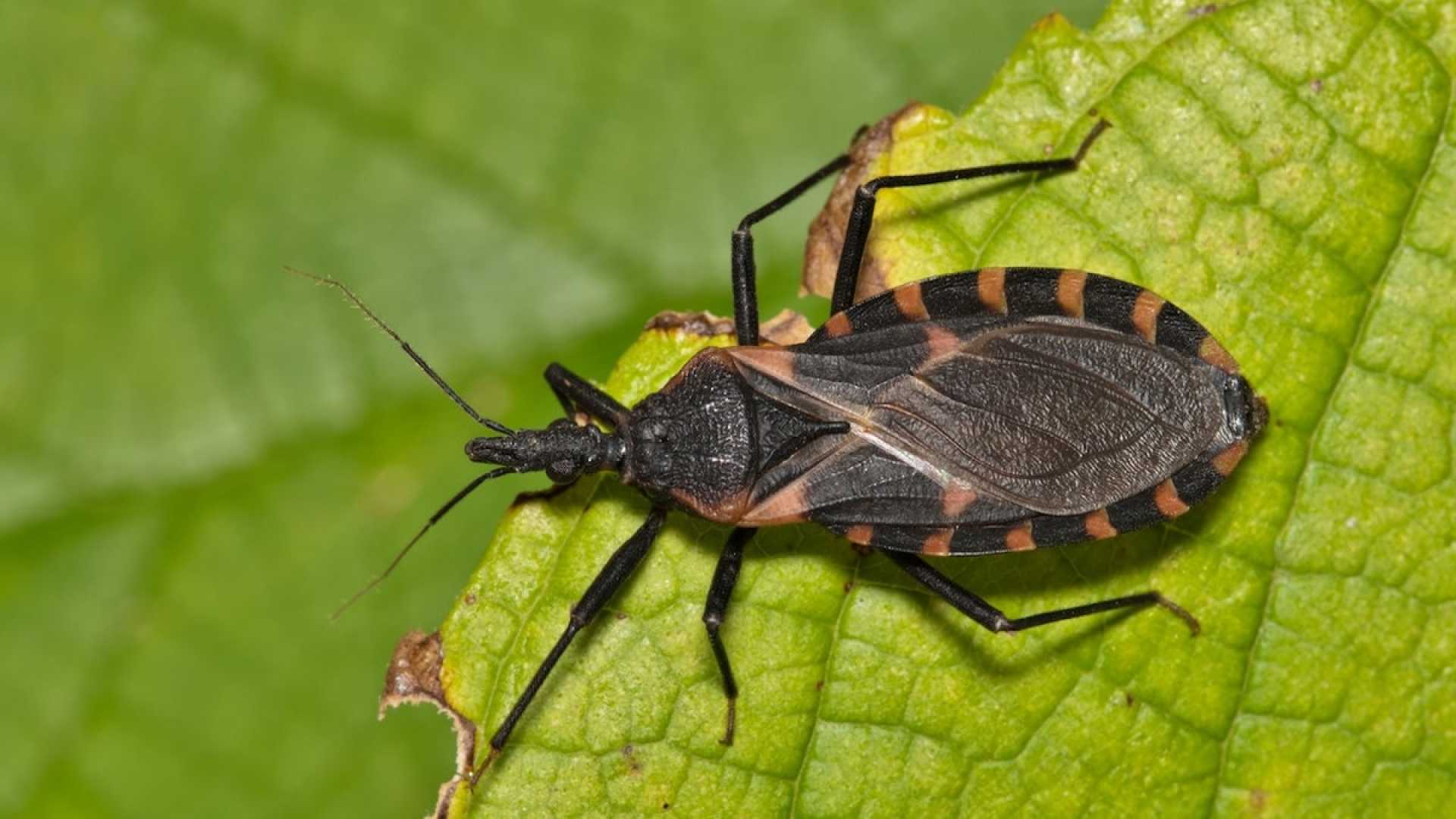Health
Kissing Bugs Spread Chagas Disease Across 32 States in the U.S.

ATLANTA, Georgia — Chagas disease, a potentially deadly illness transmitted by the triatomine insect known as the “kissing bug,” may now be endemic in the United States. According to a recent report published in the CDC‘s Emerging Infectious Diseases journal, this disease is already recognized as endemic in 21 countries across the Americas.
The report highlights that there are autochthonous human cases in eight states, predominantly in Texas. The authors argue that labeling the United States as non-Chagas endemic leads to low public awareness and underreporting. Reports indicate that these insects have been reported in 32 states overall.
In addition to Texas, the states with confirmed human cases include California, Arizona, Tennessee, Louisiana, Missouri, Mississippi, and Arkansas. The report states that while current data remains inadequate to prove an increase in the triatomine insect’s range or population, encounters between people and these bugs are becoming more common.
The increase in awareness around Chagas disease can be attributed to several factors, including the bugs entering homes, biting humans, and the growing diagnosis rate in pets. The parasite Trypanosoma cruzi, carried by the kissing bugs, poses risks not only to humans but to other animals as well.
The Centers for Disease Control and Prevention (CDC) estimates that around 8 million people globally are infected, with about 280,000 cases in the United States. Many people are unaware they carry the disease, which can be transmitted when a person unknowingly rubs bug feces into a bite wound, eyes, or mouth.
The CDC notes that while the condition does not spread person-to-person, without treatment, it can lead to severe health complications. In the acute phase, symptoms may include swelling of the eyelids, also known as Romaña’s sign, which occurs when the parasite enters the eyelid area.
In chronic cases, individuals may not feel any symptoms for years but can later develop serious heart and digestive problems. As infectious disease physician Tom Moore mentioned in 2019, the lack of awareness continues to be a significant health challenge.
Currently, there are no vaccines or drugs to prevent Chagas disease, emphasizing the importance of preventive measures. The CDC recommends travelers stay in well-constructed accommodations, use insect repellents, and avoid raw foods that could harbor the parasite.
Homeowners are advised to seal windows and keep clutter, such as woodpiles, away from their homes to minimize the risk of encounters with kissing bugs. As research on this issue continues, it highlights the urgent need for increased public awareness and understanding of Chagas disease.












